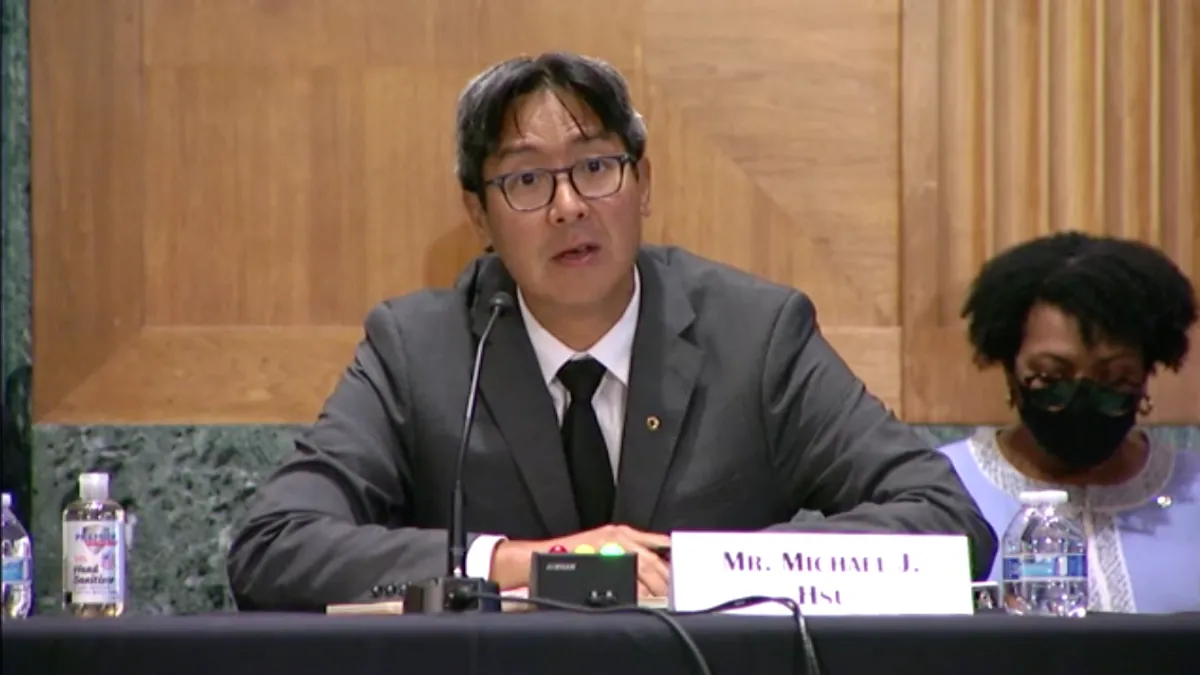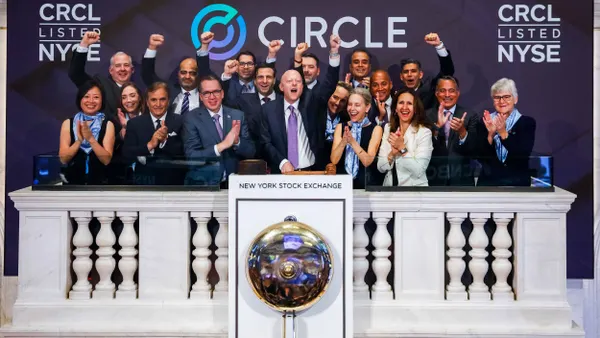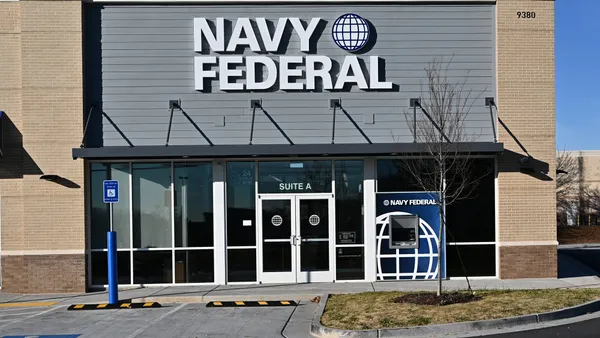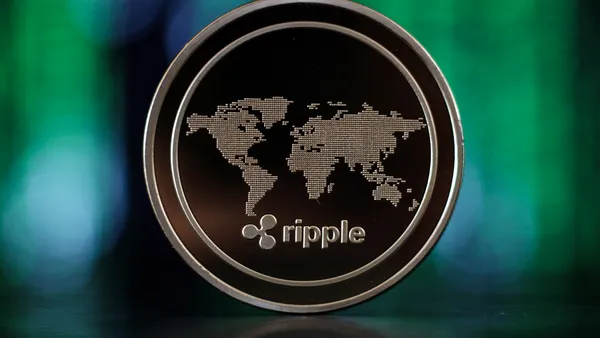Acting Comptroller Michael Hsu, in a speech Monday, suggested five lines of questioning bank board members should pursue to keep the pressure on bank executives to follow through on climate change risk.
"Bank boards have a critical role to play in turning words into action and, in doing so, can be a strong force for good," Hsu said. "The questions that directors ask senior managers can shift bank priorities, reveal hidden strengths, expose fatal weaknesses, and spur needed changes."
Hsu said he wants board members to exercise their curiosity regarding:
- banks' overall exposure to climate risk
- which borrowers are most likely to have trouble repaying — and which sectors will see their collateral values decrease because of physical or transition risk
- banks' exposure to a carbon tax
- vulnerability of data centers and critical services in the event of extreme weather
- how banks can take advantage of opportunities climate change presents.
"Given the early state of play, boards should not be surprised to hear management respond, 'We don't know' to some, if not all, of the questions," Hsu said. "Indeed, precise and confident responses should be met with healthy skepticism. Honest responses should prompt additional questions, rich dialogue, discussions about next steps, and management team commitments for action at future board meetings."
The aim, Hsu said, is for bank management to be able to answer those questions more accurately and confidently within a year.
With Hsu's speech, it appears as though the Office of the Comptroller of the Currency (OCC) is looking to maintain the momentum it found last week when, against the backdrop of the Glasgow climate conference, it pledged by the end of the year to lay out a framework of expectations for how large banks would manage climate risk.
Hsu stressed the need for banks to engage in climate scenario testing — particularly, what the regulator calls "small s" scenario testing.
"That is, asking more granular 'what if?' questions that directly affect parts of a bank's portfolio," Hsu said. "Bottom-up questions can be done more quickly, can illuminate material exposures (and data gaps), and can help build the climate risk management muscles that will be needed for large banks to succeed long term."
Climate risk preparedness could help shield banks from some of the $690 billion that climate disasters have cost in the U.S. over the past five years, Hsu said, suggesting the carbon-tax question as a jumping-off point.
The U.S. is unlikely, in the near future, to adopt a carbon tax, he said. But the premise could provide an entry point to thinking of "severely adverse" transition risk, which could get banks to consider their most significant exposures and greatest concentrations of risk.
"More important than the estimate itself, the exercise of coming up with a number will require processes, data and calculations that will strengthen transition risk measurement practices more broadly," Hsu said.
Hsu didn't limit his comments to risk; he touched on opportunity, too — emphasizing that banks with poor climate risk preparedness set themselves at a competitive disadvantage against banks with a more advanced plan.
"Just as strong credit risk management capabilities can provide the assurance and confidence needed for a bank to make risky credit decisions prudently, strong climate risk management capabilities can enable the same prudent risk-taking with regards to climate-related business opportunities," Hsu said. "The better a car's brakes, the faster you can safely drive it."
Hsu encouraged banks to confront climate questions and share their findings with regulators. "There's a lot of devilish details, and banks are good at risk management," Hsu said after the speech, according to American Banker. "We want them to use those muscles, develop something good and learn from each other."
That initiative would deter banks from taking a reactive role to regulator guidance, he said.
"One thing I've noticed is that today, what I'm hearing from banks is, 'Just tell me what to do,'" Hsu said. "That's a kind of capitulation."














